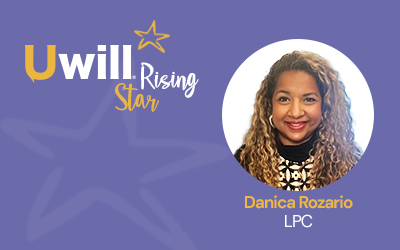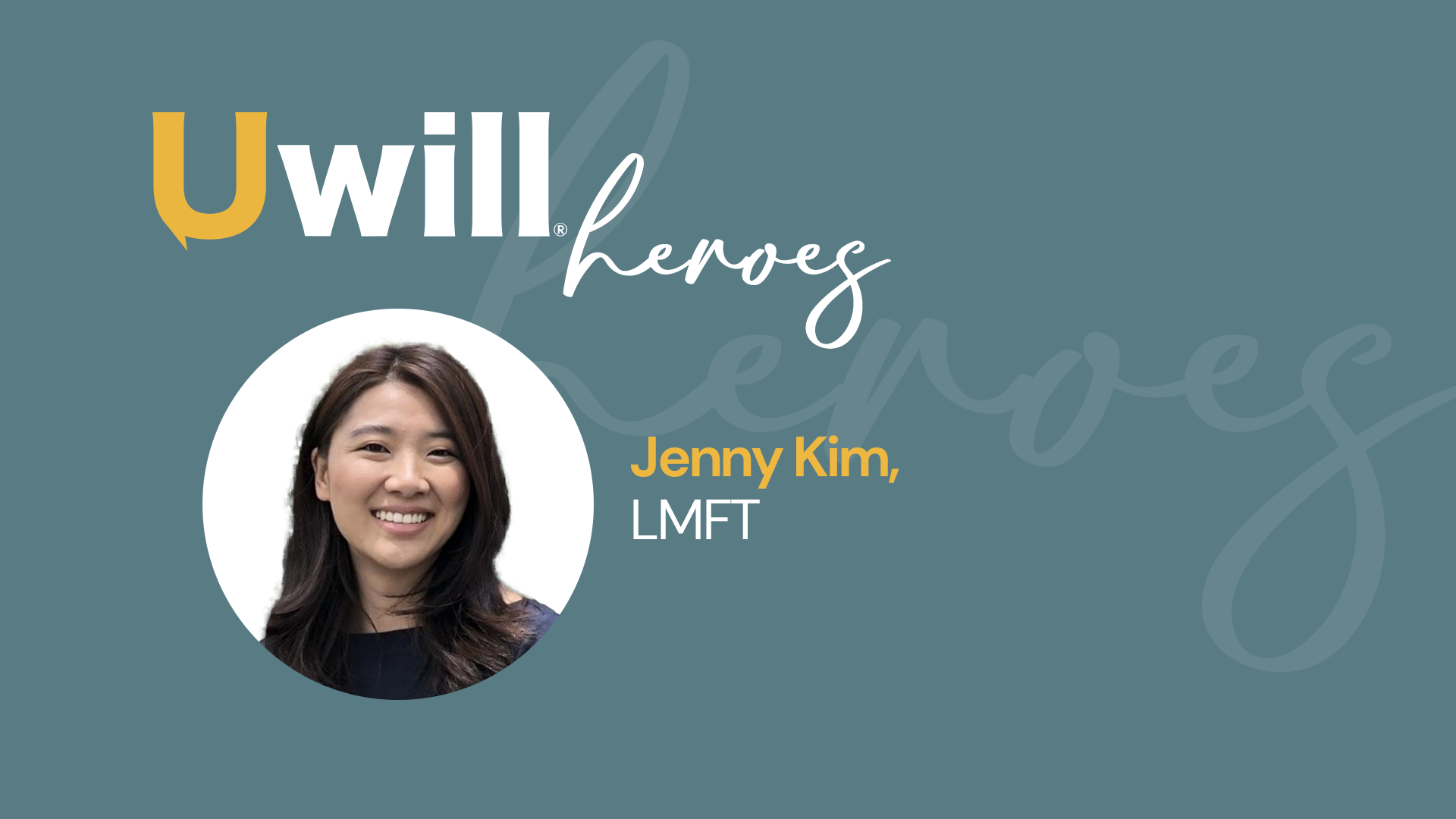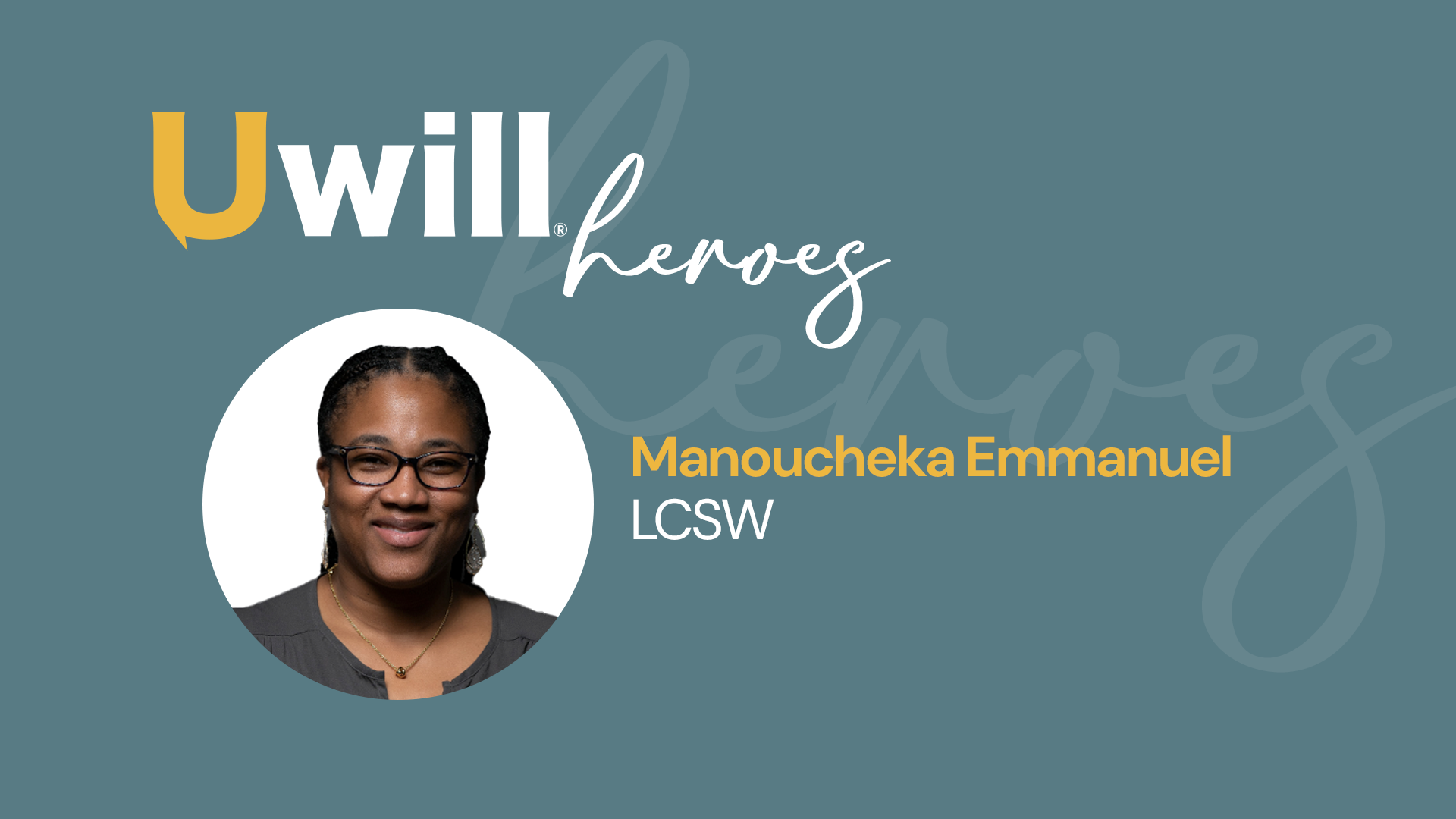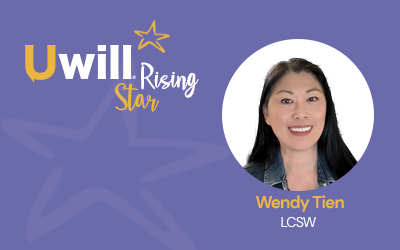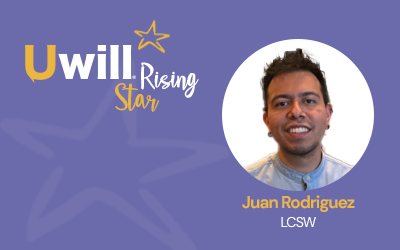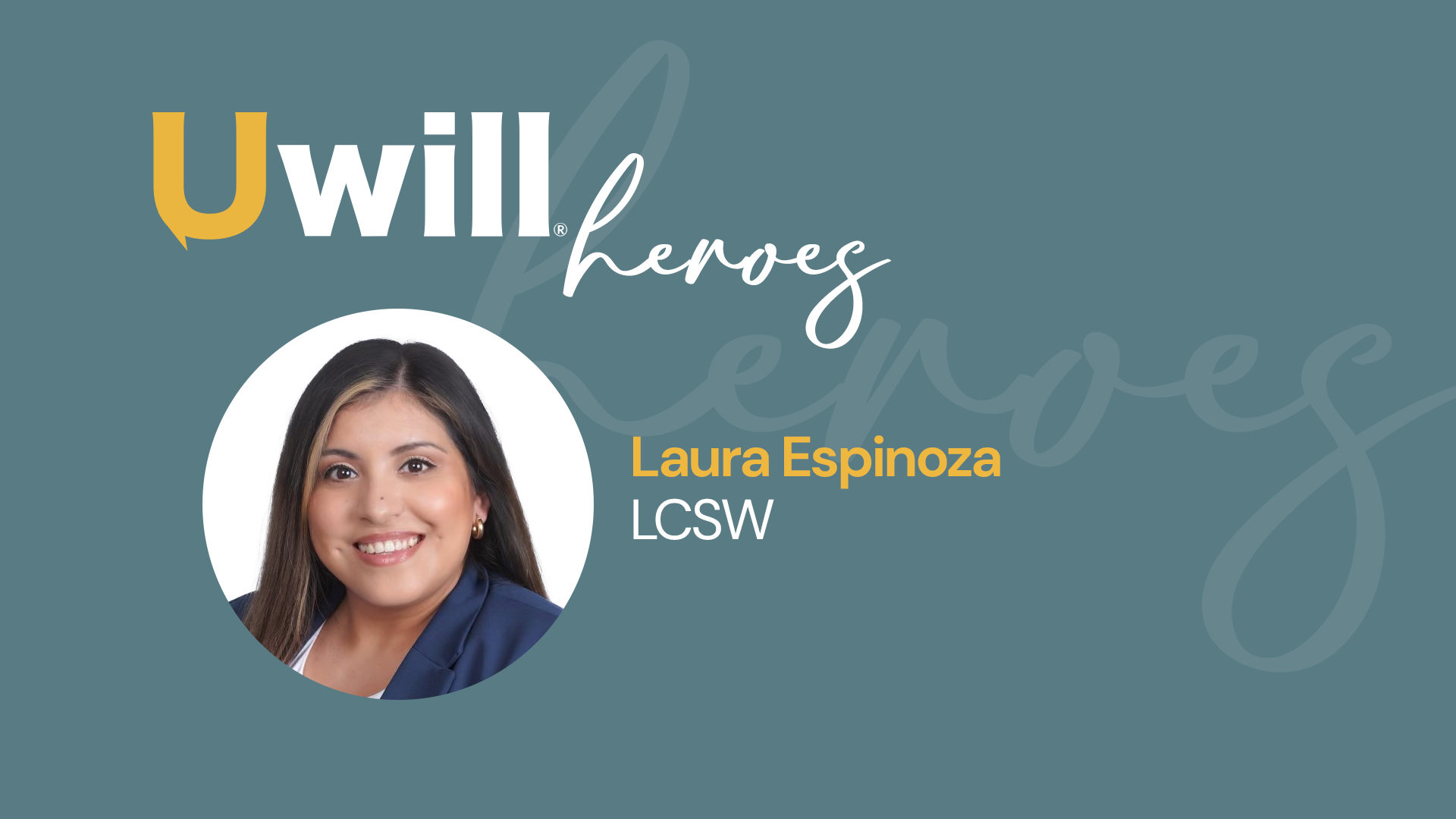Why BIPOC Therapy Seekers Should Choose Their Own Therapist
July is BIPOC Mental Health Month, a time to bring awareness to underrepresented groups’ uphill battle regarding mental illness around the country. While the stigma around seeking help for mental health issues has lessened as a whole in recent years, it is not the case for every community. According to Psychology Today, many individuals find it more comforting to speak with a therapist who shares their racial or ethnic background. However, the Anxiety & Depression Association of America claims about 75% of mental health professionals in the United States are white, creating a barrier for those looking to speak with a therapist of the same race or ethnicity.
“The ability to select a BIPOC therapist allows BIPOC therapy seekers to feel validated and supported on their path to mental health and well-being for a number of reasons.” says Stephanie Black Dos Santos, LICSW with over 20 years of professional experience and Uwill’s Manager, Clinical Affairs. “BIPOC therapists bring firsthand insight into their client’s cultural backgrounds and challenges thus fostering deeper connection, trust, and empathy through their understanding of cultural nuances.”
Common Barriers for BIPOC Therapy Seekers
While there is no guarantee that speaking with a therapist with a shared race or ethnicity will lead to a positive outcome, there are several concerns that BIPOC therapists can alleviate for BIPOC therapy seekers, particularly students who may be seeking therapy for the first time.
“Distrust. It’s one of the main reasons why a lot of BIPOC and people of other minority groups do not seek mental health care,” according to the Anxiety & Depression Association of America. “We know already that many people from these communities have difficulty finding, affording, and receiving treatment. Trust (or rather mistrust) is one factor, but others like stigma, racism, discrimination, language and/or cultural differences, as well as socioeconomic barriers, also keep them at bay.”
Trust is a critical component to receiving effective therapy. There are numerous factors that can help put BIPOC therapy seekers at ease when connecting with a therapist such as shared experiences, eliminating potential language barriers, and the ability to identify cultural stressors.
“Building trust is a key piece of the clinical engagement and is often the most vital piece in the therapeutic process.” says Black Dos Santos “Many BIPOC students find it easier to build rapport and trust with therapists who share similar racial, cultural and ethnic backgrounds.”
According to McLean Hospital, studies show that African American youth are more at risk of developing PTSD. 65% of African American youth report traumatic experiences compared to 30% of their peers from other ethnic groups. Seeking treatment after a traumatic event is critical to recovery. The value of the clinical experience and impact is exponentially more powerful when one trusts their therapist and has a strong connection. In instances featuring racial trauma in particular, speaking to a therapist that shares a racial or ethnic background can increase the likelihood of receiving culturally competent care.
In many cultures, seeking help for mental health support is frowned upon by others, especially older generations, who might tell someone to toughen up, pray it away, or invalidate.
“You don’t want to go into therapy having to do the education,’ says Mackenzie Littledale, an author and mental health advocate from Florida included in this Psychology Today article. ‘If you can walk in and be understood, whether because the therapist is more sensitive to the microaggressions you might experience, or in other domains, it helps a client feel more comfortable.”
Additionally, in many areas there may be a lack of availability from BIPOC therapists in certain geographic areas and those who are available may not match the clinical needs of those seeking help. For example, on college campuses a lack of diversity within counseling center staffing may be a deterrent for BIPOC students from utilizing their school’s mental health offerings.
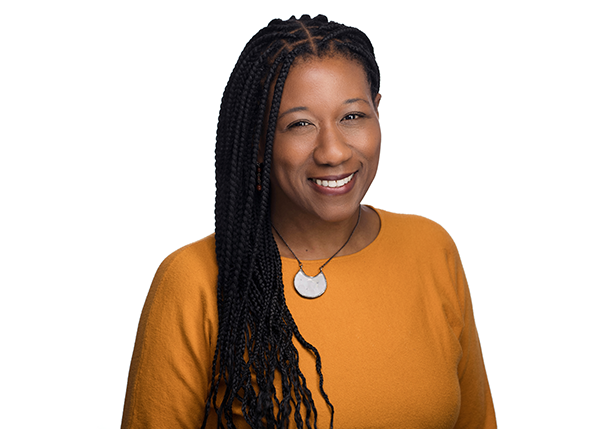
![]()
Many BIPOC students find it easier to build rapport and trust with therapists who share similar racial, cultural and ethnic backgrounds.
Stephanie Black Dos Santos, LICSW
The Value of Choosing Your Own Therapist
For BIPOC students, the ability to select their own therapist can have an incredible impact on their therapy experience. However, sometimes finding the right fit can be challenging. Therapists can often be assigned to those seeking treatment which can create an immediate disconnect.
“When a therapist is assigned without asking for a student’s preference we can’t be certain that we’re honoring cultural preferences and may be setting the student up with a provider who’s racial or cultural identity they wouldn’t have chosen to work for any number of reasons.” said Black Dos Santos.
Choosing a therapist can also create a greater sense of personal investment in one’s mental health journey, particularly in the BIPOC community.
“When BIPOC therapy seekers are empowered to select their own provider it enhances the sense that they have some control over their experience by selecting a provider who shares their identity.” says Black Dos Santos. “From their perspective the lack of choice may also result in them feeling disempowered and less committed to their therapeutic process. They may experience decreased motivation to engage in care or attend sessions which can reduce the likelihood of them achieving their therapeutic goals. The therapy process may feel less meaningful and impactful when considerations aren’t given to BIPOC preference.”
How Uwill Can Help
Uwill makes connecting individuals seeking therapy with a therapist they choose easy thanks to its proprietary technology. Individuals can book an appointment with a licensed counselor based on their needs and preferences, including ethnicity and clinical expertise. Uwill’s team of passionate, committed counselors includes 40% BIPOC therapists representing 11 languages spoken.
The Uwill team has built the counselor community to reflect the needs, preferences, and diversity of those it serves.
“We’re also reducing the scarcity of access to BIPOC providers in campus counseling centers.” says Black Dos Santos “By giving students the ability to schedule when they choose to with a culturally aligned provider we’re improving the mental health of BIPOC students by increasing access to providers while removing concerns related to affordability or geographic and transportation limitations.”
Booking an appointment through Uwill takes less than five minutes and there are no insurance hoops to jump through. Simply register, fill out a brief questionnaire, and users will be presented with a selection of therapists that fit their needs and preferences to choose from.
Share this:
![]()
Uwill is a Teletherapy Educational Partner of NASPA
![]()
Uwill is the Exclusive Teletherapy Education Partner of the Online Learning Consortium
Resources

Copyright © 2024 Uwill | 1075 Worcester St, Natick, MA 01760 | 833-99-Uwill

